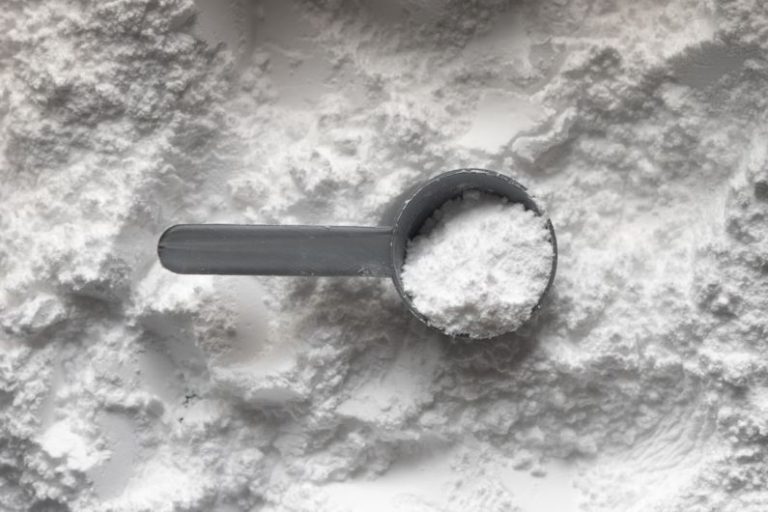The Impact of Sugar on Fitness
Sugar and Fitness: Understanding the Impact of Sugar Consumption on Your Workout Results
When it comes to achieving your fitness goals, what you put into your body plays a crucial role in determining your success. Among the various components of your diet, sugar is a particularly controversial topic in the fitness world. While sugar is often demonized for its negative effects on health, its impact on fitness performance and results is an aspect worth exploring. In this article, we will delve into the relationship between sugar consumption and fitness, shedding light on how sugar can influence your workout routines and overall athletic performance.
The Role of Sugar in Energy Production during Workouts
Sugar, in the form of glucose, serves as a primary source of energy for the body, especially during high-intensity workouts. When you consume sugary foods or drinks, the body quickly breaks down the sugar into glucose, which is then used to fuel your muscles during exercise. This rapid energy release can be beneficial for short bursts of intense physical activity, such as sprinting or weightlifting. However, relying too heavily on sugar for energy can have its drawbacks.
The Impact of Sugar on Endurance and Stamina
While sugar can provide a quick burst of energy, its effects on endurance and stamina are less favorable. Consuming high amounts of sugar can lead to rapid spikes and crashes in blood sugar levels, resulting in a rollercoaster of energy levels during your workout. This can leave you feeling fatigued, unfocused, and unable to sustain prolonged physical exertion. In contrast, a diet that is balanced in complex carbohydrates, proteins, and healthy fats can provide a more stable and sustained source of energy for endurance activities like running or cycling.
The Influence of Sugar on Recovery and Muscle Building
In addition to its effects on energy levels during workouts, sugar can also impact your post-exercise recovery and muscle-building processes. Consuming sugary foods or drinks immediately after a workout can help replenish glycogen stores in your muscles and kickstart the recovery process. However, excessive sugar intake can also lead to inflammation and oxidative stress in the body, hindering muscle repair and growth. To optimize your recovery and muscle-building efforts, it is essential to strike a balance between sugar consumption and other nutrients that support muscle repair and growth, such as protein and antioxidants.
Strategies for Managing Sugar Intake for Optimal Fitness Results
To harness the benefits of sugar for your fitness goals while minimizing its potential drawbacks, consider the following strategies for managing your sugar intake:
1. Timing is key: Consume simple sugars strategically around your workouts to capitalize on their quick energy release without disrupting your blood sugar levels throughout the day.
2. Prioritize whole foods: Opt for natural sources of sugar, such as fruits, instead of processed foods and sugary beverages that are high in added sugars and lack essential nutrients.
3. Monitor your intake: Pay attention to your overall sugar consumption and aim to limit your intake of sugary treats and snacks that provide little nutritional value.
4. Balance your diet: Focus on building a well-rounded diet that includes a mix of carbohydrates, proteins, fats, vitamins, and minerals to support your fitness goals and overall health.
By being mindful of your sugar intake and its impact on your fitness performance, you can make informed dietary choices that will help you achieve your fitness goals more effectively. Remember, moderation and balance are key when it comes to incorporating sugar into your diet for optimal results.
In conclusion, understanding the role of sugar in your fitness journey is essential for maximizing your workout performance and results. By striking a balance in your sugar intake, timing your consumption strategically, and prioritizing whole foods, you can harness the benefits of sugar while mitigating its potential negative effects on your fitness goals. Remember, what you eat fuels your body, so choose wisely to fuel your workouts and progress towards your fitness aspirations.






